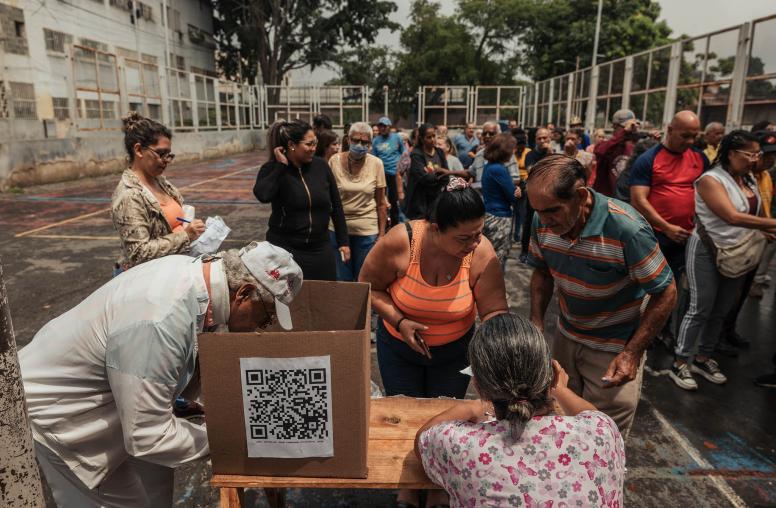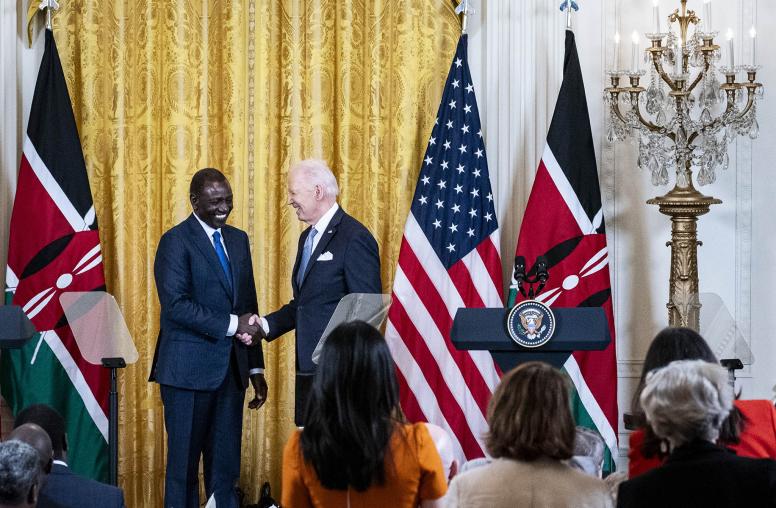Ancestral Domain: A Key to Sustainable Peace in Mindanao
The Institute's Philippine Facilitation Project convened three fora on "Ancestral Domain: A Key to Sustainable Peace in Mindanao" the week of September 26, 2005, in Manila and Davao City, Mindanao in the Philippines. Meeting with members of the Philippine Senate, representatives from government departments, academia, civil society, media, and religious organizations, speakers focused on the three key aspects of ancestral domain—territory, economic resources, and governance—that the Philippine government and the Moro Islamic Liberation Front (MILF) are still negotiating prior to a political settlement.
Mindanao State University Professor Rufa Cagoco-Guiam and Atty. Suharto Ambolodto, Executive Director of the Institute for Strategic Initiatives conveyed Moro perspectives. Institute Senior Research Associate Dr. Astrid Tuminez synthesized international perspectives on ancestral domain (her analysis of a May 2005 ancestral domain workshop were collected in an Institute Special Report).
Two international practitioners, Dr. Terry Fenge, a consultant to the Inuit of Nunavut in Northern Canada, and Dr. Edward Wolfers, advisor to the Papua New Guinea government on the implementation of the Bougainville agreement, recounted their experiences in negotiating and implementing agreements that addressed similar issues of ancestral domain—designation of autonomous territories, control over natural resources, and devolution of authority to minority peoples.
 Executive Director of the Philippine Facilitation Project Eugene Martin speaks during the forum.
Executive Director of the Philippine Facilitation Project Eugene Martin speaks during the forum. Meeting with Bangsamoro Development Agency (BDA) Executive Director Dr. Danda Juanday.
Meeting with Bangsamoro Development Agency (BDA) Executive Director Dr. Danda Juanday.Atty. Benedicto Bacani, executive director of the Institute for Autonomy and Governance in Cotabato City (and former Institute Senior Fellow) concluded the presentations with suggestions on how to build a Philippine constituency to resolve the Moro ancestral domain issue.
In addition to the three fora, the Institute team met with senior representatives of the MILF and the GRP to exchange views on ancestral domain and the peace process.
USIP continues to support actively the peace process in Mindanao. Forthcoming activities include fora with Philippine Members of Congress and Moro representatives, conflict management and reconciliation training for military officers, support for ceasefire monitors, and establishment of a policy analysis network to educate and broaden public support for the peace process and the implementation of a negotiated agreement.



